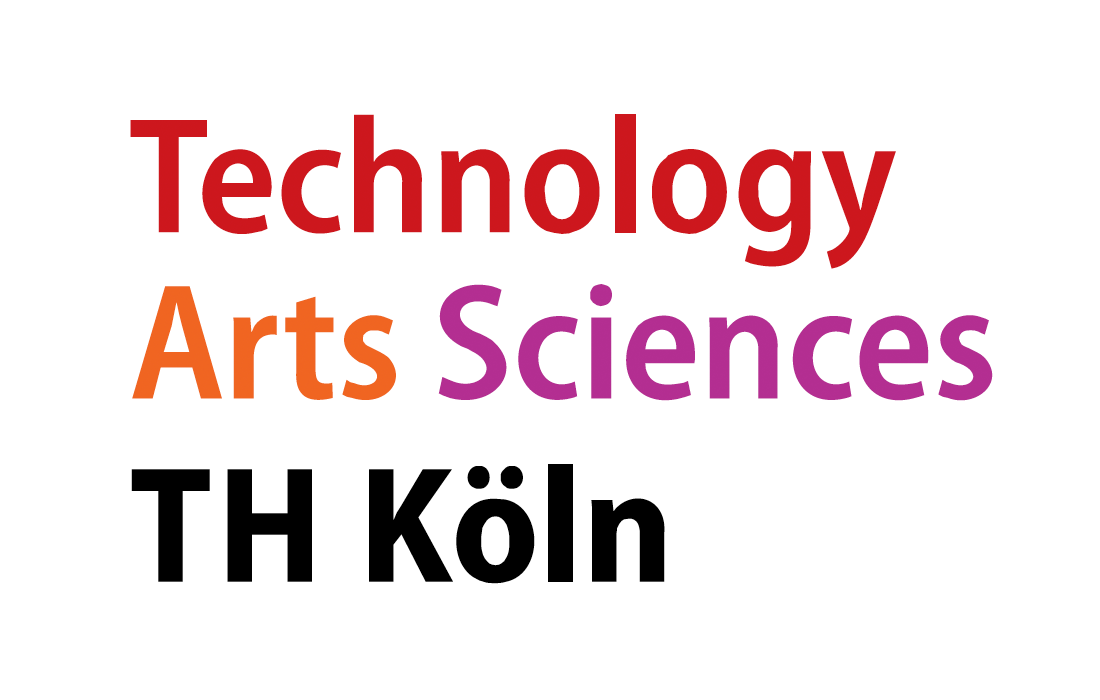Mapping to Focus Areas
Below, you find the module's mapping to the study program's focus areas. This is done as a contribution to all relevant focus areas (in ECTS, and content-wise). This is also relevant for setting the module in relation to other modules, and tells to what extent the module might be part of other study programs.
| Focus Area |
ECTS (prop.) |
Module Contribution to Focus Area |
| Generating and Accessing Knowledge |
3 |
In this seminar students will work on the most recent trends and topics related to Knowledge Discovery.
|
Learning Outcome
Knowledge Discovery describes the process of automated searches for patterns in large amounts of data that can be regarded as knowledge about the domain and use cases under investigation. These usecases can originate from fields like business, economics, social sciences and many other. Ideally knowledge discovery takes advantage of structured data (e.g. customer data, buying behavior, etc.). Most often only unstructured heterogeneous data is available. Therefore knowledge discovery can be seen as a holistic apporach to generate knowledge from unstructured data and information sources. The methods and approaches have evolved from data mining and are closely related to it both methodologically and terminologically. This process generates an abstraction of the input data, which in turn can lead to new data, information and knowledge.
In this seminar students will work on the most recent trends and topics related to Knowledge Discovery. They will read recent scientific papers in the field to get to know the current state-of-the-art. By analysing the state-of-the-art they will and later presenting the results of this analysis they will learn and practice how to communicate and discuss on these topics
The independent acquisition of specialized knowledge is a core competence of a Master’s student. Reading, analysing, generating a comprehensive overview and finaly presenting and discussion the results of this knowledge aquisition is transferable to all other areas of research and a cornerstone of scientific work.
Module Content
- Data acquisition including crawling and scraping
- Data preparation including cleasing, reduction and extraction
- Relevance evaluation
- Ranking by relevance criteria
- Modern modelling techniques like specialized word embeddings, deep sequence modelling (LSTM, GRU, transformer-based models)
- Meetings to present and discuss papers
Learning Material Provided by Lecturer
- List of selected literature and web resources
Literature
- Chengxiang Zhai and Sean Massung (2016): Text Data Management and Analysis: A Practical Introduction to Information Retrieval and Text Mining. Association for Computing Machinery and Morgan & Claypool. https://doi.org/10.1145/2915031
